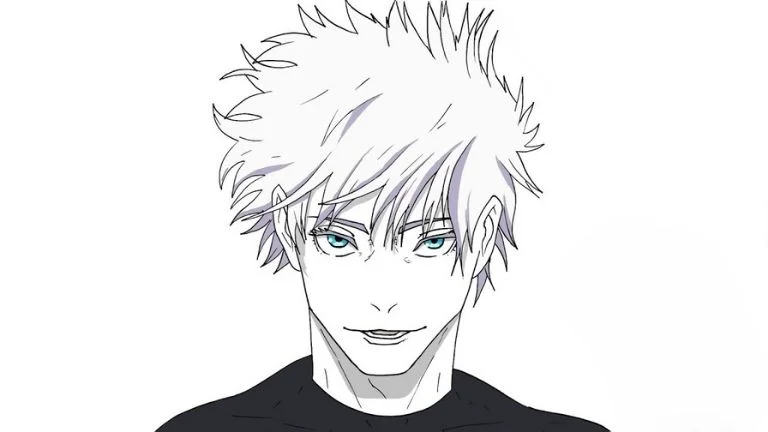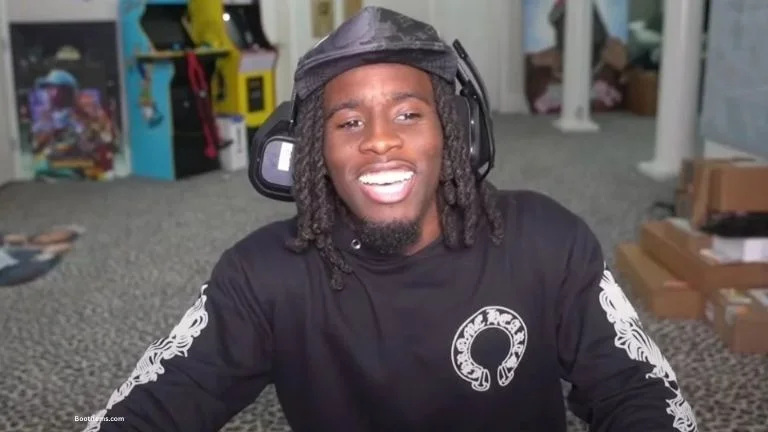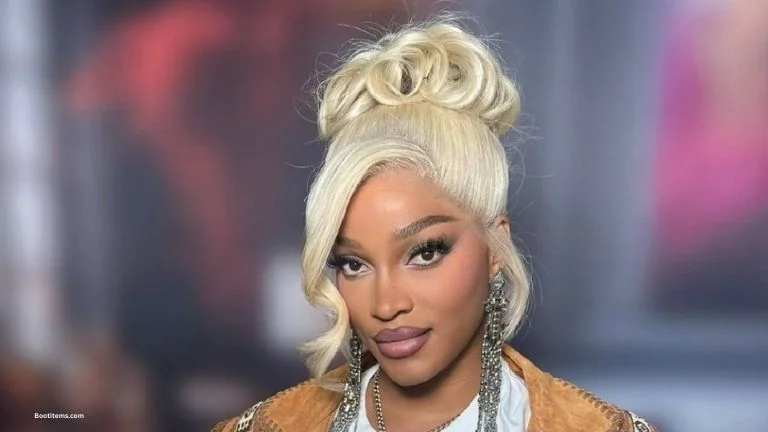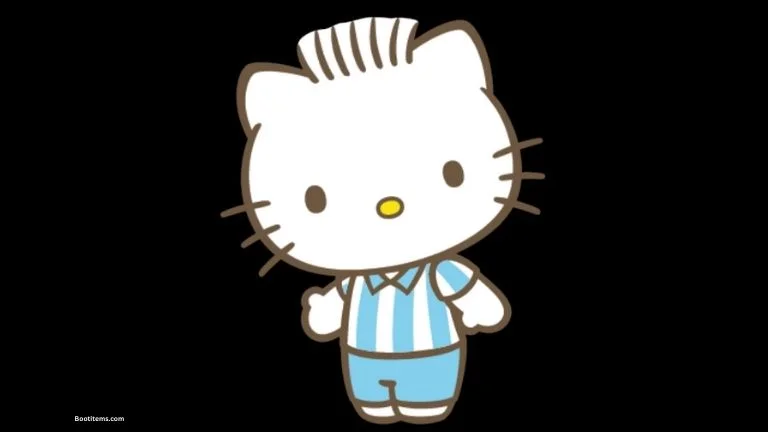Gojo Nah I’d Win: The Story Behind The Viral Anime Meme
Gojo’s “Nah, I’d win” line from Jujutsu Kaisen became an iconic meme after translation controversy. Originally a simple “no,” the phrase showcases Gojo’s confidence and has spawned countless internet variations.
The Origins of “Nah, I’d Win” in Jujutsu Kaisen
The phrase “Nah, I’d win” has become one of the most recognizable lines from the popular manga and anime series Jujutsu Kaisen. This iconic line is attributed to Satoru Gojo, one of the main characters known for his immense power and confident personality. The line first appeared in Chapter 3 of the manga when Yuji Itadori, the protagonist, asks Gojo if he could defeat Sukuna, the King of Curses, at full strength. Gojo responds with his now-famous “Nah, I’d win” line, showcasing his trademark confidence.
However, the line gained massive popularity much later in the series. In Chapter 221, released on April 23, 2023, the phrase made a significant comeback. This chapter featured a flashback to a conversation between Gojo and another character who asks if Gojo expects to lose in his upcoming battle with Sukuna. The final page of this chapter shows Gojo’s face with his response in a speech bubble.
The Translation Controversy
What makes this line particularly interesting is the translation controversy surrounding it. When VIZ Media, North America’s largest manga publisher, initially translated Chapter 221, they simply used “No” as Gojo’s response. This created confusion among fans who recognized this moment as a callback to Chapter 3, where Gojo had specifically said “Nah, I’d win.”
After fan feedback, VIZ quickly corrected the translation to “Nah, I’d win” to maintain consistency with the earlier chapter. This correction was highlighted by social media users, including X (formerly Twitter) user @lightning446, who created a thread comparing the different translations on April 24, 2023. Some other English translations of the same scene used phrases like “I will win,” but fans generally agreed that “Nah, I’d win” better captured Gojo’s casual yet confident character.
Character Context: Who is Satoru Gojo?
To fully appreciate the significance of this line, it’s important to understand who Satoru Gojo is within the Jujutsu Kaisen universe. Gojo is introduced as the strongest jujutsu sorcerer in the world, possessing the rare and powerful Six Eyes and Limitless technique. His character is defined by his exceptional abilities, aloof confidence, and somewhat playful personality despite his serious role as a teacher at Tokyo Jujutsu High.
Gojo’s casual confidence is a defining trait, making the “Nah, I’d win” line perfectly aligned with his character. He consistently displays unwavering belief in his abilities throughout the series, which is why fans found the original translation of simply “No” to be lacking the characteristic Gojo flair.
The Deeper Meaning Behind Gojo’s Famous Line
While on the surface, “Nah, I’d win” appears to be just a display of Gojo’s confidence, the finale of Jujutsu Kaisen revealed a deeper meaning behind these words. What initially seemed like mere bravado was later shown to have more profound implications.
Gojo’s Confidence in His Students
In the series finale, a flashback conversation between Gojo and Yuji reveals that when Gojo said “Nah, I’d win,” he wasn’t just referring to his own abilities. He was expressing his faith in the next generation of sorcerers he had trained. The line took on a new meaning: Gojo was confident that even if he personally failed to defeat Sukuna, his students would ultimately prevail.
This revelation adds significant depth to what was previously seen as just a cocky one-liner. It shows that Gojo’s confidence extended beyond himself to include his belief in those he mentored. He saw himself as part of a larger effort against curses and evil sorcerers, not just as an individual fighter.
Passing the Torch to the Next Generation
The recontextualization of Gojo’s famous line represents a thematic element of passing the torch to the next generation. Throughout Jujutsu Kaisen, Gojo works to nurture and develop young sorcerers who can eventually surpass even him. His “Nah, I’d win” statement, when viewed in this light, becomes a declaration of faith in this succession plan.
This interpretation becomes particularly poignant considering Gojo’s fate in the series. His confidence that “his side” would win, even if it meant moving beyond him as an individual, foreshadows later events and provides emotional weight to his character arc. It transforms a seemingly simple boast into a meaningful statement about legacy and the future of jujutsu sorcery.
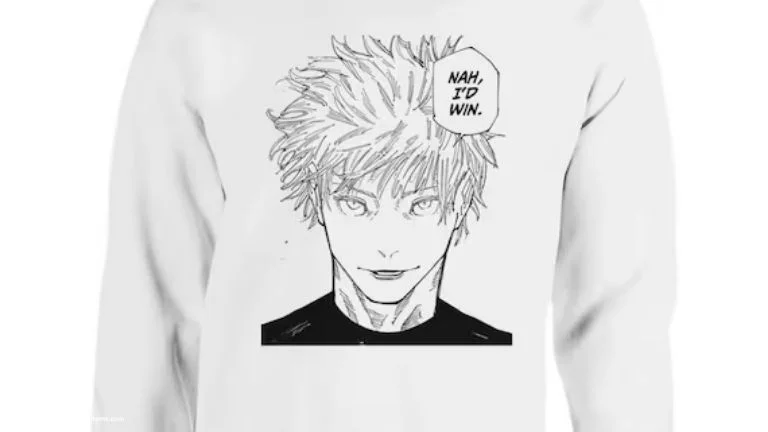
How “Nah, I’d Win” Became a Viral Internet Meme
The transition of Gojo’s line from a manga panel to a widespread internet phenomenon is a fascinating case study in how anime and manga content spreads in the digital age. Several factors contributed to the phrase becoming a viral sensation.
Reddit’s Role in Popularizing the Meme
Reddit played a significant part in the early spread of the “Nah, I’d win” meme. On April 25, 2023, shortly after the chapter’s release and subsequent translation correction, Reddit user @jujutsufolk posted three versions of the translation on the r/JujutsuKaisen subreddit, asking followers to choose their preferred version.
This post sparked creativity among fans, who began creating their own variations in the comments. Redditors like @A_Cleanly_Casual, @j3r3mias, and @itz_gman posted modified versions with altered speech bubbles, replacing Gojo’s line with humorous alternatives or placing the line with different characters from the series.
These early Reddit interactions laid the groundwork for the meme’s expansion. The format was simple but versatile: keep the distinctive manga panel but change either the character or the text in the speech bubble. This simplicity made it easy for even those with minimal editing skills to participate in the trend.
Expansion to Other Social Media Platforms
By late 2023, the meme had spread well beyond Reddit to other major social media platforms, particularly X (Twitter) and TikTok. On X, users shared their own renditions of the meme, often replacing Gojo with other characters from Jujutsu Kaisen or entirely different anime series.
One notable example came from X user @Vihurah, who posted a recolored version featuring the character Jogo instead of Gojo on October 6, 2023. This post received over 41,000 views, demonstrating the meme’s growing popularity.
TikTok took the meme to new heights with video adaptations. TikToker @tesorog created a slideshow featuring various versions of the meme that garnered 693,400 views and 117,000 likes. Another TikTok user, @kuzi.__, produced a compilation of “Nah, I’d win” memes set to music, which amassed an impressive 2.3 million views and over 300,000 likes.
The meme reached its peak popularity when cosplayers began incorporating it into their content. TikToker @lumas created a cosplay “Nah I’d win” dance that went viral, accumulating 10.5 million views and 2.2 million likes by May 2024.
Variations and Creative Adaptations of the Meme
As with most successful internet memes, “Nah, I’d win” has spawned numerous creative adaptations and variations that extend far beyond its original context. These variations demonstrate the versatility and enduring appeal of the format.
Character Replacements
One of the most common variations involves replacing Gojo with other characters while keeping the “Nah, I’d win” text. This approach has been applied to:
- Other Jujutsu Kaisen characters, particularly Jogo, whose defeat by Gojo makes the statement ironic and humorous
- Characters from different anime and manga series, such as Dragon Ball Z’s Vegeta, who is notorious for his pride despite frequent defeats
- Characters from Western media, including superheroes, movie characters, and video game protagonists
These character swaps often play on the irony of placing the confident declaration in the mouth of a character known for losing battles or being significantly weaker than their opponents.
Text Modifications
Another popular variation keeps Gojo’s image but changes the text in the speech bubble. These modifications range from:
- Simple alterations like “nuh uh” or “yeah, I’d lose” that subvert expectations
- References to other memes or popular culture
- Contextual jokes related to everyday situations or specific fandoms
This format allows for endless creativity as creators can adapt the text to fit virtually any situation or joke while maintaining the recognizable visual element of Gojo’s confident expression.
Crossover with Other Meme Formats
The “Nah, I’d win” meme has also been combined with other established meme formats to create hybrid content. These crossovers often merge the visual style or text pattern of another meme with the basic premise of Gojo’s confident declaration.
Such combinations demonstrate the meme’s flexibility and its ability to remain relevant by evolving alongside other internet trends. The simple format makes it particularly suitable for integration with other meme templates.
The Cultural Impact of “Nah, I’d Win”
Beyond its entertainment value, the “Nah, I’d win” meme has had notable cultural impacts, particularly in how it has influenced the perception of Jujutsu Kaisen and contributed to broader discussions about confidence and self-assurance.
Boosting Jujutsu Kaisen’s Popularity
The viral spread of the “Nah, I’d win” meme has served as free marketing for Jujutsu Kaisen, potentially attracting new viewers and readers to the series. People who encounter the meme without prior knowledge of the source material may become curious about the context and character, leading them to explore the manga or anime.
This phenomenon aligns with the broader trend of manga’s growing popularity, especially during and after the pandemic. As noted in Deb Aoki’s 2022 article “Manga is Booming” for Publishers Weekly, streaming sites showing manga and anime during the early stages of the pandemic triggered a chain reaction that significantly increased consumer interest in original manga series.
Reflection on Confidence and Bravado
The meme has also sparked discussions about confidence, bravado, and the thin line between self-assurance and overconfidence. Gojo’s character embodies extreme self-confidence backed by actual ability, making his “Nah, I’d win” statement both amusing and somewhat admirable.
However, when the meme is applied to characters known for losing or to everyday situations where such confidence would be misplaced, it highlights the humor in unwarranted self-assurance. This juxtaposition has made the meme a vehicle for gentle social commentary on confidence culture.
As Dr. Sarah Meehan O’Callaghan noted, “Given our culture’s deep preoccupation with winning and losing, it’s no surprise that this reinterpretation has gained traction as a viral critique of the infamous phrase.” The meme’s popularity may reflect society’s complex relationship with confidence and success.
The Future of “Nah, I’d Win” in Internet Culture
As with all internet memes, the question arises: how long will “Nah, I’d win” remain relevant in the fast-paced world of internet culture? While predicting meme longevity is notoriously difficult, several factors suggest this particular meme may have staying power.
Integration into Broader Anime Meme Culture
“Nah, I’d win” has already secured a place in the pantheon of anime memes alongside classics like “Omae wa Mou Shindeiru” from Fist of the North Star and the “Chopper Crying” meme from One Piece. Its simple format and clear message make it likely to persist as part of this established meme ecosystem.
The meme’s connection to Jujutsu Kaisen, a series that continues to gain popularity worldwide, also helps ensure its continued relevance. As new viewers discover the series, they will inevitably encounter this iconic moment and potentially contribute to new waves of meme creation.
Potential for Continued Evolution
The versatility of the “Nah, I’d win” format suggests it has significant potential for continued evolution. As internet culture changes and new trends emerge, this meme can adapt by incorporating new characters, references, or contextual jokes.
The basic premise—a character confidently declaring victory—is universal enough to remain relevant across changing cultural landscapes. This adaptability gives “Nah, I’d win” an advantage over more specific or time-sensitive memes that quickly become dated.
Frequently Asked Questions About “Nah, I’d Win”
What chapter does Gojo say “Nah, I’d win” in Jujutsu Kaisen?
Gojo first says “Nah, I’d win” in Chapter 3 of Jujutsu Kaisen when Yuji asks if he could defeat Sukuna at full strength. The line later reappears in Chapter 221, creating a meaningful callback that became the source of the viral meme.
Why was there controversy over the translation of Gojo’s line?
The controversy arose because VIZ Media initially translated Gojo’s response in Chapter 221 as simply “No,” rather than “Nah, I’d win,” which would have been consistent with his line in Chapter 3. After fan feedback, VIZ corrected the translation to maintain this consistency, recognizing the significance of the callback.
What does Gojo’s “Nah, I’d win” line actually mean in the context of the story?
While initially appearing to be just a display of Gojo’s characteristic confidence, the finale of Jujutsu Kaisen revealed that the line had deeper meaning. It represented not just Gojo’s belief in his own abilities but his faith that the next generation of sorcerers he trained would ultimately prevail against threats like Sukuna, even if he personally failed.
Why did this particular line become so popular as a meme?
The line became popular as a meme for several reasons: it perfectly encapsulates Gojo’s confident character, it has a simple yet versatile format that’s easy to adapt, and the translation controversy gave it additional attention. The irony of the statement in light of later events in the series also contributed to its meme potential.
Has the creator of Jujutsu Kaisen, Gege Akutami, commented on the meme?
There are no widely reported comments from Gege Akutami specifically addressing the “Nah, I’d win” meme. Manga creators often maintain a degree of separation from fan culture and memes based on their work, though they may be aware of particularly viral content.
Gold Bullion in Fallout 76 Guide

Samantha Yates is a creative writer and journalist with expertise in content creation and editing. She holds an MA in Creative Writing and brings professional experience from Lionbridge, where she developed engaging content for leading technology companies

